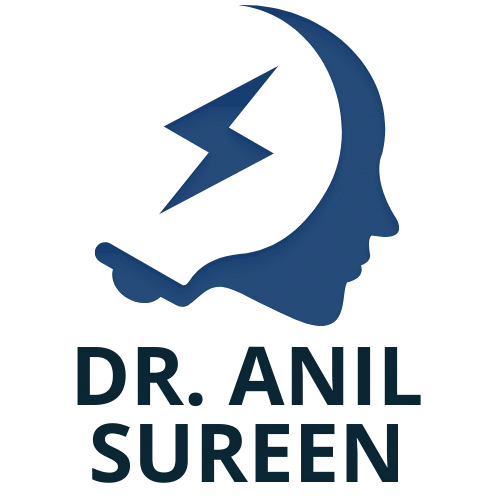Diversity, Equity and Inclusion Statement
Guiding philosophy
• Our Coaching Institute recognizes that the disability rights movement is inseparable from the human rights movements for racial, economic, and gender equity.
• We recognize that people with disabilities must be at the forefront of any successful fight for justice. Statement on DEIJ Coaching approaches, techniques and tools to help Maximise on Personal Development 20
• Our work is rooted in the firm belief that all people deserve respect, dignity, and selfdetermination.
• We understand that all types of oppression are interlocking and that prejudices which harm people with disabilities are compounded based on race, ethnicity, immigration status, gender, sexual orientation, and socio-economic status.
• We value collaboration across movements as key to dismantling ableism, racism, sexism, xenophobia, homophobia, and transphobia within our organization, the disability rights movement, and the broader society.
Commitment to Diversity, Equity & Inclusion
• We commit to centering the priorities of people with disabilities with diverse backgrounds and identities and acknowledge multiply-marginalized groups have historically been underrepresented in the disability rights movement.
Guiding principles
• People with disabilities, including from low-income backgrounds, diverse racial and ethnic backgrounds, immigration status, LGBTQ, who are currently or were formerly incarcerated, and all other marginalized backgrounds must be able to participate and lead a diverse disability rights movement.
• People with disabilities have a right to pursue their dreams without the limits of others’ low expectations. People with disabilities have the right to make decisions about their bodies and lives, including family planning.
• People with disabilities have the right to fully access and participate in public life.
• People with disabilities deserve to create, be represented in, and access all forms of media, regardless of communication needs or technology requirements.
• People with disabilities have a right to fair and equal opportunities to advance economically.
• People with disabilities must have access to culturally relevant and trauma-informed services.
• People with disabilities have the right to personal safety, freedom from abuse, and effective response to crisis.
• These guiding principles are not and may never be exhaustive. We choose to openly engage in an ongoing process of active learning and growth.

